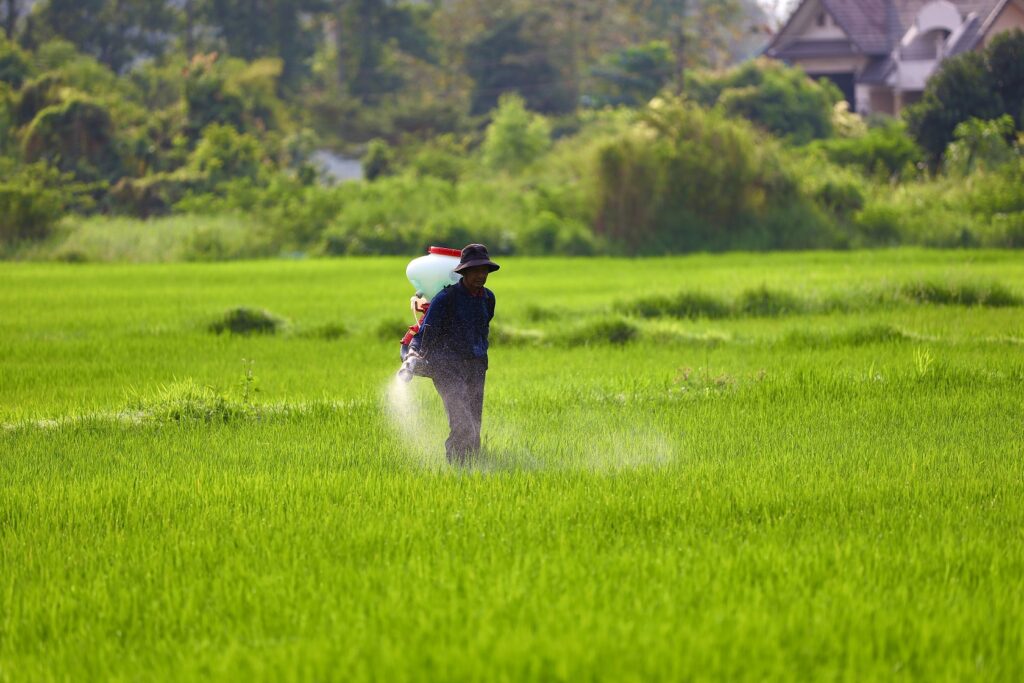The controversy around the linkage between pesticide use and cancer has been given fresh tinder from two recent studies conducted by the University of Idaho and Northern Arizona University. One study analyzed pediatric and total cancer rates in eleven states in the Western U.S., while the other focused solely on pediatric cancer rates in Idaho. Both determined a correlation between fumigants like metam and the incidence of cancer. The publication of these studies came just before the recent court rulings this summer against the agrochemical giant, Bayer, regarding their pesticide Roundup.

The two studies used data from the U.S. Geological Survey Pesticide National Synthesis Project database, the National Cancer Institute State Cancer Profiles, and the Cancer Data Registry of Idaho. While these databases provided sufficient information to conduct scientifically sound research, the researchers look forward to the day that better datasets, laboratory equipment, and funding sources become accessible. The research was particularly limited by privacy concerns and variations between multiple states’ datasets.
Environmental research often faces roadblocks like these due to stakeholder biases, red-tapeism, and uncontrollable environmental factors. Publication bias also plays a major role in limiting what studies are made readily available to the public.

Research on pesticide use must be conducted transparently and independently, as explained by environmental expert Sébastien Sauvé in this article. With heavy suspicions of companies like Monsanto (now Bayer) clandestinely warping data to hide their products’ adverse health effects, it is more important than ever to look at who is funding, ordering, and reviewing published studies.
We invite you to read this article to learn more about the University of Idaho and Northern Arizona University cases.
 Food
Food Farmers
Farmers Sustainable Living
Sustainable Living Living Planet
Living Planet News
News